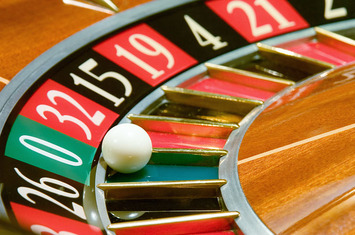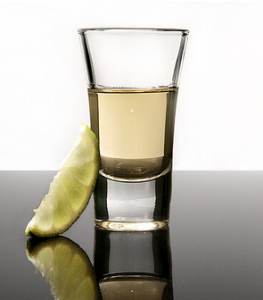Why We Drink: An Investment in the Present
Played in its most simple incarnation, the game of roulette has some of the best odds in any given casino. In the American version of the game, which has 36 numbered slots and 2 zero slots (the 0 and 00 as opposed to the European single 0 layout), a player who only bets on red, black, odds or evens has a 47% of winning. Even if the payout is ridiculously small, it beats losing money. During my first trip to Las Vegas, I kept those odds in mind. I've never gotten much thrill out of gambling, so the prospect of winning small and easy appealed to me much more than the thought of taking home the jackpot on a long shot. While my travel companion settled down for what I would classify as an inconsiderately lengthy tenure at the poker table, I decided to try my hand at the little wheel. Seated at a $5 table, I put the minimum on black and promptly lost. The laws of probability on my side, I tried the same thing again and watched history repeat itself. That's when the calm voice of reason in my brain stood up, cleared its throat and produced a rather well-drawn graph of a recent individual cost/benefit analysis concerning the relative merits of staying at the roulette table or adjourning to casino lounge for a drink, both of which would have cost roughly the same amount of money. Five minutes later, I had a glass of scotch in my hand and no regrets.

